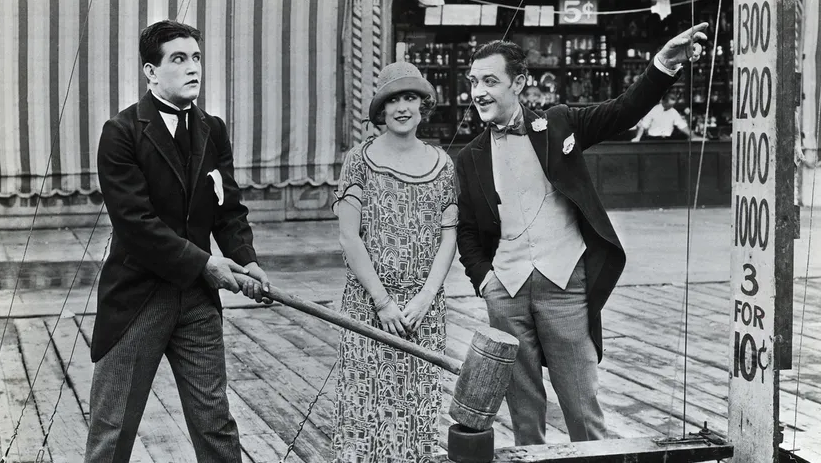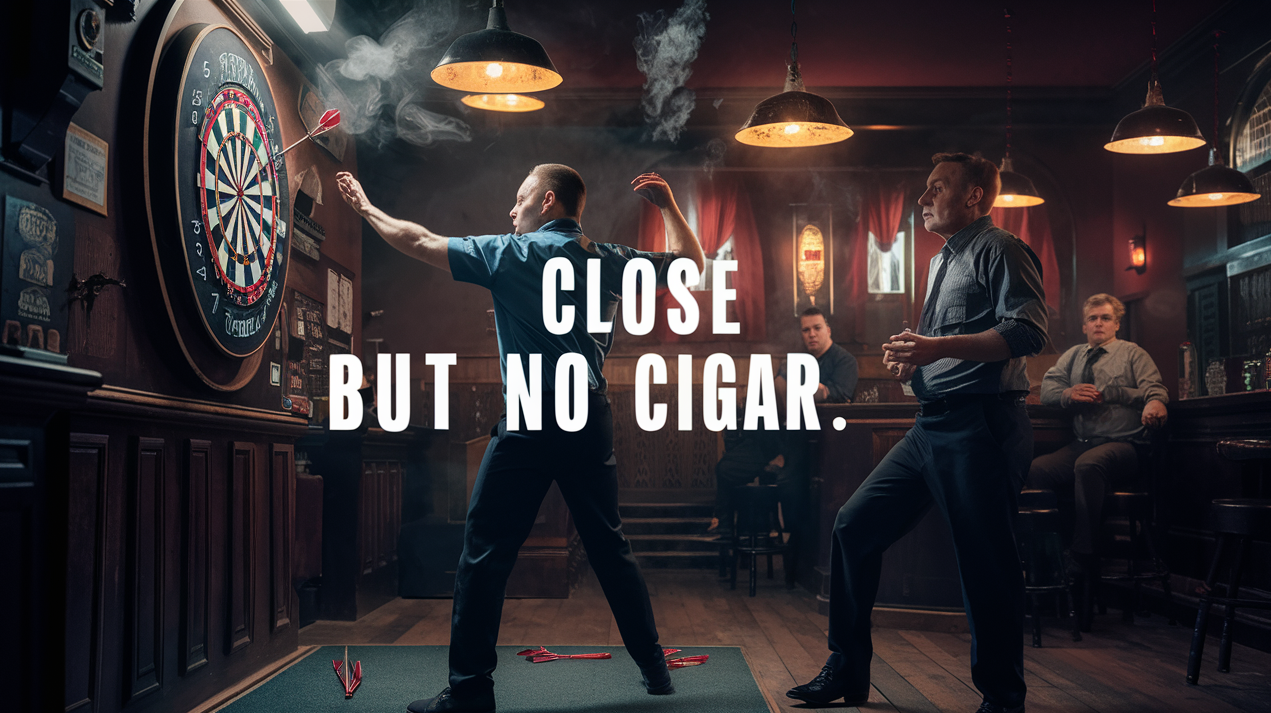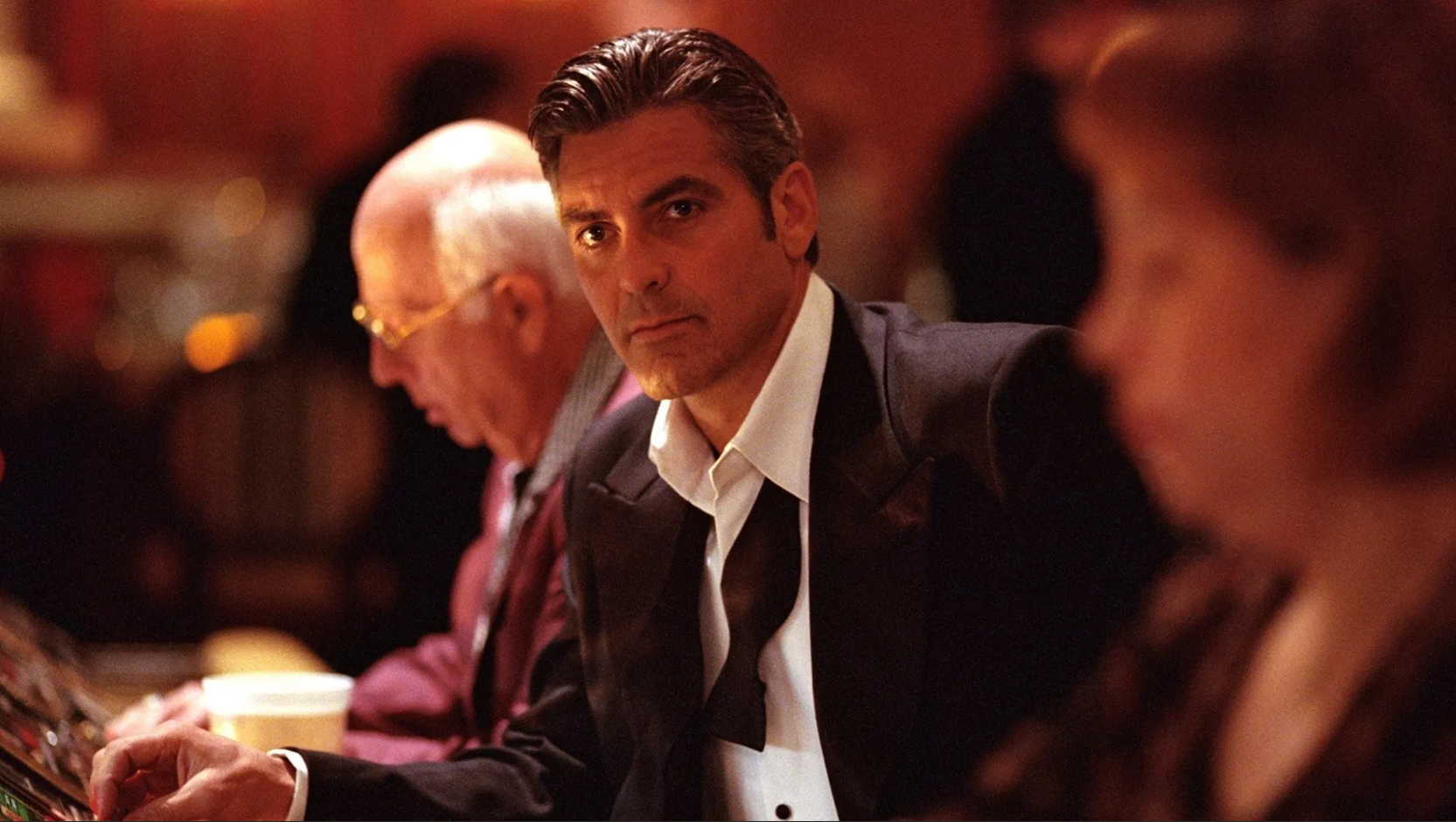Where Did The Saying "Close, But No Cigar Come From?"
Posted by Cigar Tom on 3rd Jul 2024
The phrase "Close, But No Cigar" has piqued the curiosity of many.
In this discourse, we delve into the potential origins of this widely-used idiom, with theories suggesting connections to carnival games, cigar store Indian statues, horse racing, the military, and even the game of darts.
Furthermore, we examine the utilization of this phrase in diverse realms of pop culture, including movies, music, and television shows. Embark with us on this journey to uncover the enigmatic roots of this captivating expression.
What Does the Saying "Close, But No Cigar" Mean?
The phrase "Close, But No Cigar" is a well-known idiom in American English that captures the essence of near success or falling just short of achieving a goal. This expression is widely used in everyday conversations to highlight the concept of coming close but not quite making it.
For instance, it is common to hear this idiom used when discussing a runner who finishes second in a race or a student who narrowly misses a perfect score on a test.
It serves as a whimsical way to recognize the effort expended and the proximity to the desired result, even if the ultimate objective remains unattained. In essence, "Close, But No Cigar" playfully reminds us that success often hinges on persistence and striving to excel, even in moments of near miss.
Origins of the Saying
The phrase "Close, But No Cigar" has a rich tapestry of origin tales woven throughout its history.
Dating back to the early 20th century, this expression found its way into the common lexicon of American English, thanks largely to its popular usage in fairground and carnival settings.
1. Possible Origin from Carnival Games

One potential explanation for the phrase "Close, But No Cigar" harkens back to the realm of carnival games, where cigars were once esteemed as rewards for hitting marks accurately.
Engaged in these carnival contests, participants would set their sights on sundry marks, yearning for the coveted prize of a cigar.
Even when individuals narrowly missed the target and failed to secure the cigar, they found themselves on the cusp of triumph. This near-miss scenario ultimately birthed the widely-used expression in common parlance to denote approaching success closely but ultimately failing to clinch it.
2. Possible Origin from Cigar Store Indian Statues

An alternative hypothesis posits that the expression 'Close, But No Cigar' may have its roots in the realm of Cigar Store Indian sculptures, which were utilized as promotional tools outside cigar establishments in the late 19th and early 20th centuries.
These authentic wooden effigies, frequently illustrating Native Americans, were strategically positioned in front of cigar shops to lure in clientele. Not only were these statues visually striking, but they also symbolized excellence and heritage within the tobacco sector.
As passersby observed these intricately carved figures, they would be tempted to step inside the store and acquire cigars, thereby establishing a connection between the statues and the merchandise itself.
The phrase likely emerged from the disappointment experienced by customers who came close to purchasing a cigar but departed without completing a transaction, hence the popular saying 'Close, But No Cigar'.
The incorporation of these sculptures in advertising endeavors exemplified a clever and successful approach to promoting cigars and capturing the public's attention during an era where aesthetics played a substantial role in marketing strategies.
3. Possible Origin from Horse Racing

The origin of the phrase 'Close, But No Cigar' is believed to stem from the world of horse racing, where jockeys who narrowly missed clinching the victory would find themselves just shy of the grand prize – which, in some instances, happened to be a cigar.
Back in the early days of horse racing, cigars were considered a high-end and sought-after reward. Picture this: jockeys putting in their all, only to end up a hair's breadth away from triumph, and being handed a cigar as a consolation prize instead of the coveted spoils.
This custom of presenting cigars to the almost-victorious riders swiftly caught on, cementing the link between falling short by a whisker and receiving a cigar as a token of consolation.
As time went on, this scenario became symbolic of narrowly missing success in any competition, leading to the enduring expression 'Close, But No Cigar'.
4. Possible Origin from the Military

The military has been proposed as another potential origin for the idiom 'Close, But No Cigar,' suggesting that soldiers who almost hit their target but fell just short might have utilized the phrase to articulate their near-misses.
In the realm of military training, precision and accuracy stand as pivotal elements in refining combat proficiency. Imagine a skilled marksman taking aim at a bullseye during target practice; they may come close to hitting the mark, yet ultimately miss the precise spot.
This notion of near-misses likely played a part in shaping the emergence of the expression 'Close, But No Cigar'.
Soldiers dedicated to achieving excellence on the battlefield grasp the delicate balance between success and failure, recognizing that even the slightest deviation from the target can yield a substantial impact.
5. Possible Origin from the Game of Darts

One theory speculates that the phrase 'Close, But No Cigar' originated from the game of darts, where players who narrowly missed hitting the bullseye or target were often awarded a cigar as a consolation prize.
As the players set their sights on the elusive bullseye, the tension in the room would intensify, and the excitement of hitting the target dead-on was almost tangible.
Despite their skilled aim, more often than not, their precise throw would land just a fraction away from the intended mark. Despite their accuracy and concentration, it appeared that luck was not always in their favor.
These near-misses added a touch of allure to the game, giving rise to the well-known expression 'Close, But No Cigar' to characterize those admirable yet ultimately fruitless efforts.
Variations of the Saying in Pop Culture

The adage "Almost Got It, But No Prize" has undergone a plethora of interpretations and has been spotlighted in a myriad of popular culture mediums, predominantly throughout the 20th century, solidifying its status as a widely recognized saying and colloquialism.
1. In Movies
The expression 'Close, But No Cigar' has become a familiar phrase in the world of cinema, often serving as a poignant reminder of characters' near misses or unsuccessful endeavors.
One memorable instance of this phrase can be found in the film 'Ocean's Eleven,' where the character Danny Ocean, portrayed by George Clooney, comes tantalizingly close to executing a heist but ultimately falls short.
Similarly, in 'Toy Story 3,' Woody and Buzz Lightyear narrowly evade a catastrophic fate, only to fall short of their ultimate objective. In both scenarios, the phrase 'Close, But No Cigar' perfectly captures the poignant sentiment of almost reaching the desired goal but ultimately falling short.
2. In Music
The expression 'Close, But No Cigar' has found its way into the lyrical repertoire of musicians, serving as a poignant emblem of near triumphs and missed opportunities.
Within the realm of popular music, notable artists such as Thomas Rhett in his tune 'Unforgettable' and Taylor Swift in 'Mean' have skillfully woven this phrase into their lyrics to craft poignant tales of nearly grasping victory yet ultimately falling short.
Thomas Rhett croons about a love that teeters on the brink of perfection, while Taylor Swift employs it to convey themes of rejection and defiance in the face of negativity.
These instances eloquently illustrate how 'Close, But No Cigar' has been ingeniously interwoven into musical compositions to capture the essence of moments that tantalizingly approach greatness but fall agonizingly short.
3. In Television Shows
The expression 'Close, But No Cigar' has become a commonplace idiom frequently used in television scripts to depict characters falling just shy of success.
One notable example of this phrase's incorporation can be found in the acclaimed series 'Friends.' In Season 5, Episode 11 titled 'The One with All the Resolutions,' Joey humorously declares 'Close, but no cigar!' when Chandler falls short of accomplishing his New Year's resolution. The situational irony adds a comedic flair to Chandler's almost-triumph.
Likewise, in the widely-loved show 'The Office,' the idiom is humorously employed by Dwight Schrute in Season 3, Episode 3 ('The Coup') as he humorously critiques Michael Scott's unsuccessful attempt at negotiating a deal, demonstrating the phrase's adaptability in various comedic scenarios.
Other Similar Sayings
Apart from the popular phrase "Close, But No Cigar," there exist numerous other idiomatic expressions that capture the notion of nearing success but falling short in the end.
1. "Close, But No Banana"
The phrase "Close, But Banana" offers a whimsical take on a well-known idiom, signifying a near success or a valiant effort that falls just short.
The playful origins of this variation can be linked back to the entertainment industry, where it gained popularity as a jovial way to acknowledge near misses in achieving a goal.
In contrast to the more traditional "Close, But No Cigar," the addition of a banana injects a delightful and unexpected sense of humor into the expression.
While both idioms convey the notion of almost reaching success, the banana-inspired version brings a quirky and light-hearted twist to the sentiment.
2. "Close, But No Cigarillo"
"Almost There, But No Cigarillo" puts a whimsical spin on the classic phrase, swapping out the hefty cigar for a petite cigarillo to symbolize a modest consolation for a nearly successful endeavor.
This adaptation adds a touch of levity to situations where someone narrowly misses achieving a goal. By trading the usual 'cigar' for a 'cigarillo,' it softens the blow of coming up short, hinting at a smaller triumph or feat.
This playful tweak plays on the notion of settling for less than the desired result while still finding some gratification in the attempt. It underscores the concept of being on the brink of a significant accomplishment but ultimately falling short of the intended target.
3. "Close, But No Cigar Box"
The phrase "Close, But No Cigar Box" offers a unique twist on the traditional idiom, highlighting the notion of nearing a significant achievement but ultimately falling short. This concept epitomizes the experience of being on the cusp of success but just missing the mark, echoing familiar expressions like 'close, but no cigar' or 'a near miss'.
Adding a playful touch to the well-known saying, this variation introduces a hint of whimsy and nostalgia by referencing cigars which were once common prizes. The inclusion of 'cigar box' not only preserves the classic charm but also evokes images of vintage allure and retro competition.
These creative adaptations of established idioms breathe new life into everyday language, infusing it with a fresh and inventive perspective.
Frequently Asked Questions

What is the origin of the saying "Close, But No Cigar"?
The saying "Close, But No Cigar" originated in the early 20th century in the United States, specifically in carnivals and fairs. It was used to describe someone who was very close to achieving something, but ultimately fell short.
Why is a cigar used in this saying?
Cigars were a popular prize at carnivals and fairs during the time when this saying was coined. They were often given as rewards for winning games or completing challenges. Therefore, not getting a cigar despite being close was seen as a disappointment.
Is there a specific event or person associated with this saying?
While there is no definitive answer, some sources attribute the saying to a carnival game called "Stand the Bottle" where players had to throw a ball and knock over a bottle to win a cigar. If they missed, they were told "Close, But No Cigar."
Is this saying still used today?
Yes, "Close, But No Cigar" is still used in modern language to express coming close but not quite achieving something. It is often used in a lighthearted or humorous manner to soften the blow of not succeeding.
Are there any variations of this saying?
There are a few variations of this saying, such as "Close, But No Banana" or "Close, But No Dice." These variations also originated in carnival or fair settings and are used in the same context as the original saying.
Is this saying only used in the United States?
No, "Close, But No Cigar" has become a common saying in many English-speaking countries. It has also been translated into other languages, such as "Close, But No Cigarro" in Spanish.




